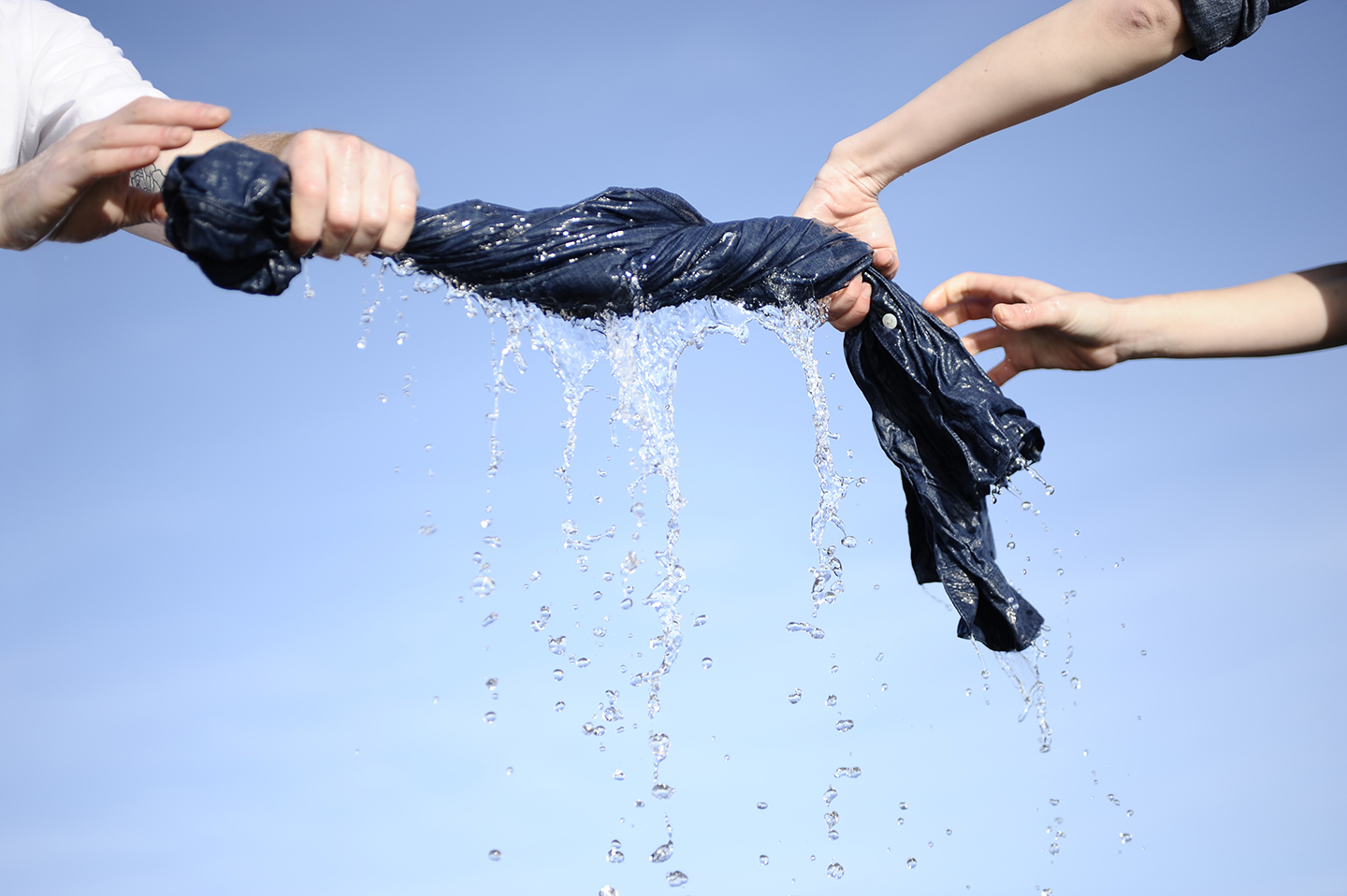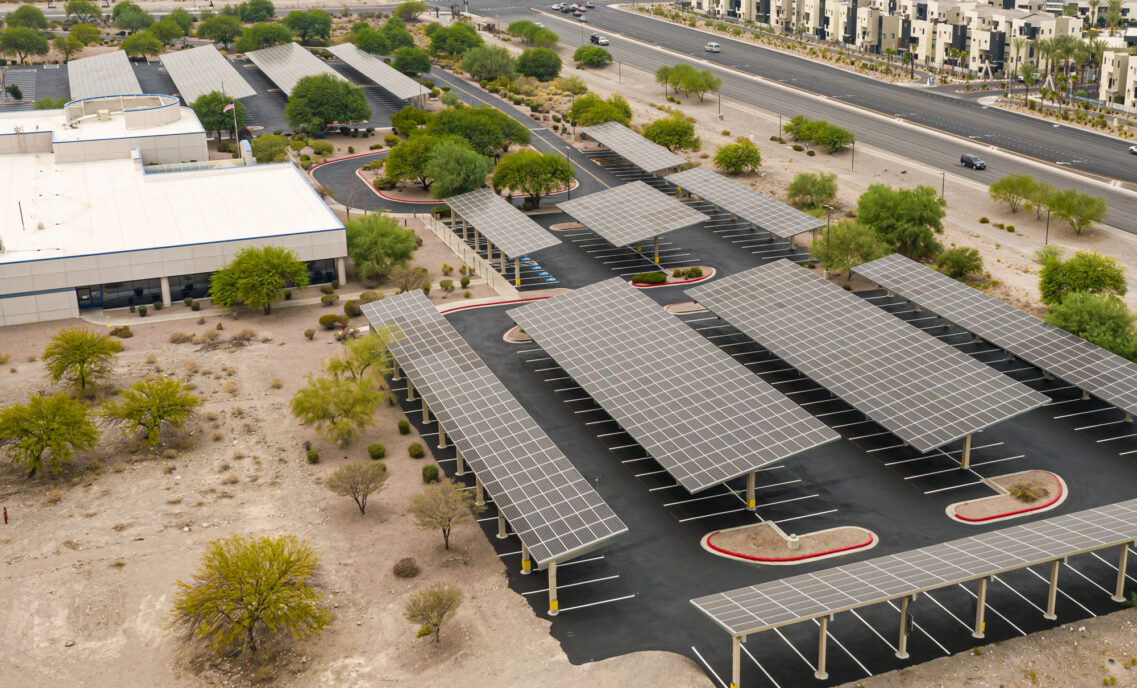We recently made 100,000 pairs of Levi’s® women’s jeans with 100 percent recycled water. End result: We saved some 12 million liters of this vital resource, enough to fill almost five Olympic-size swimming pools. Manufacturing jeans with 100 percent recycled water is something we’re proud of — but even more so is the new industry standard for water recycling and reuse in apparel manufacturing that we’ve established for our supplier factories worldwide.
If you know about our commitment to sustainability — and water — this probably doesn’t surprise you.
A bit of background …
After water is used during the finishing process (which is how we create the different washes of jeans — from dark to light), it’s treated to ensure it meets our stringent Global Effluent Requirements before it leaves the factories that make our clothes.
We were the first company in our industry to implement these effluent water quality requirements, in 1994. As a result, in most cases, the water leaving the factories that make our clothes is cleaner than when it goes in.
Building on this, we wanted to take our commitment to water sustainability even further, with the goal of recycling the water we use in the finishing process as many times as possible. So, we approached one of our suppliers in China to see what could be done.
With the help of our engineering expertise and third-party validators, this Chinese partner built a system that can recycle all the water used in the finishing process. For some of our products, rather than bring in new water from outside sources, the supplier can treat the water that has already been used to finish products and use it again.
This water recycling can happen over and over, significantly reducing the overall amount of water used to make our products. As long as the water meets our standards to deliver the quality you expect from our brands, it can be recycled multiple times.
Until now, there were no standards for water recycling and reuse in the apparel industry. This is a company and industry first. And we believe this innovation can help change the way our supplier factories use water.
We don’t want to stop at one supplier making 100,000 units. As we did with our Water<Less® program, which uses significantly less water in the manufacturing of our products, we want to scale the recycled water program. A Nicaraguan supplier will implement it later this year, and we’re talking about it with other factories around the world. The goal is to expand it across all of our collections — and beyond: We’ll share the recycled water standard with key industry stakeholders for other suppliers to use.
For LS&Co. suppliers, our engineering expertise can save factory owners thousands of dollars in consulting fees, making it more affordable for them to install the necessary recycling systems. Water recycling also reduces water costs for the manufacturer and, most importantly, minimizes the depletion of this natural resource.
We’re proud to see that the factory that we worked with in China is using the recycled water system with other denim brands. We like the idea of joining with our partners to reduce the apparel industry’s water use. It’s how we help drive industrywide change, as we did in 1991 when we were the first multinational apparel company to establish a workplace code of conduct for our manufacturing suppliers. These Terms of Engagement specify the health and safety standards, ethical requirements and environmental practices these suppliers must follow.
For us, recycling water is another example of how we strive to build sustainability into everything we do — from how our clothing is made to how we care for the planet. It’s part of our life cycle assessment approach to determining and reducing the environmental impact of our products.
We’re also committed to helping consumers lead sustainable lifestyles. What can you do to help? We encourage you to follow the guidance of our Care Tag for Our Planet by washing your clothes less often, washing them in cold water, line drying when possible and donating or recycling clothing that’s no longer needed.








